Dive Fitness Overview
Even if you’re healthy from a medical standpoint, you’ll still need to consider your physical fitness, which is of utmost importance for safe diving. The level of exertion required for various diving conditions ranges from light to heavy. You should be familiar with both expected and possible conditions at your dive site and consider how your exercise capacity aligns with demand in various situations.
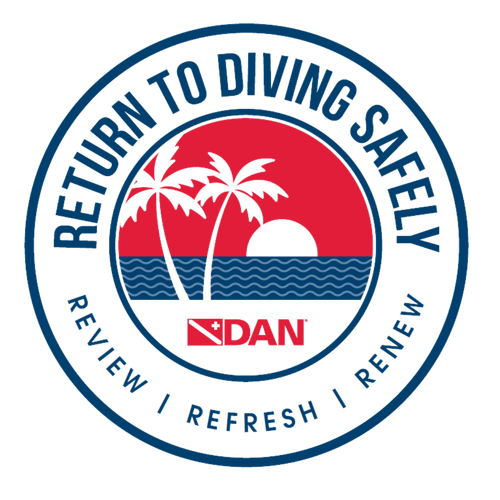
Are You Physically Fit For Diving?
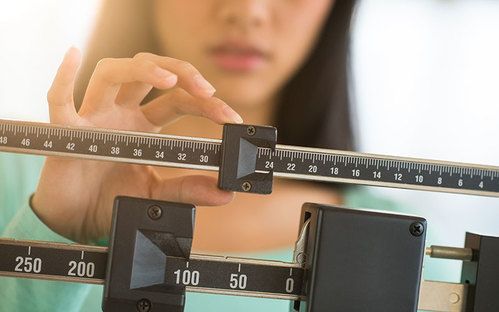
Period of Inactivity
During the time you weren’t diving, you may have been less physically active in general, you may have gained weight, or you may just be older and have yet to learn your new limits.
Fitness Evaluation
DAN can advise you on how to self-evaluate your fitness and when you should seek evaluation by a medical professional. If your fitness needs improvement, make a plan and stick to it. Start as soon as possible to allow enough time to achieve your goals.
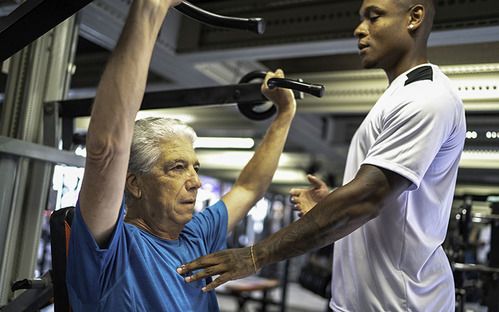
Additional
FITNESS RESOURCES

Aerobic Exercise Capacity
Your capacity for sustained physical activity depends on the amount of energy your body can produce in a process using oxygen called aerobic capacity.
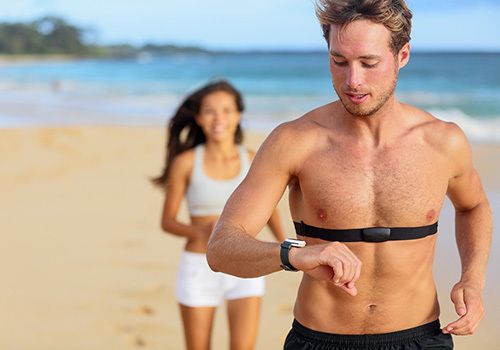
Fitness For Diving
Diving can be strenuous, and divers must be physically able to
both handle themselves and assist their dive buddies if necessary.
both handle themselves and assist their dive buddies if necessary.

Physical Activity
Adults need two types of regular activity to maintain or improve their health — aerobics and strength training.
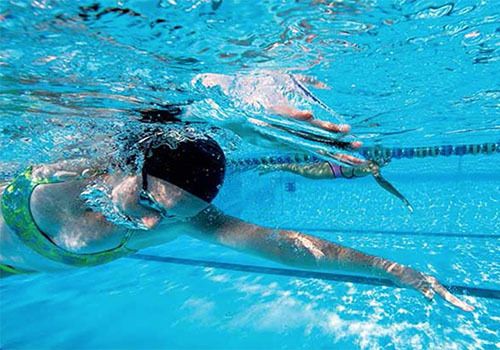
Finding Your Fitness
Recreational scuba diving is generally categorised as moderate physical activity, but circumstances can make it high intensity.
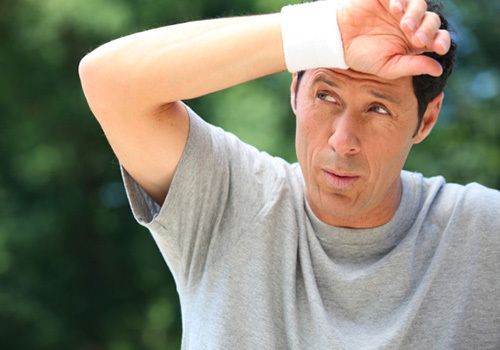
When to Consult a Doctor
Physical activity is beneficial for health, but the transition from a sedentary lifestyle to an active one or a change in the level of activity may be associated with risks, especially in people with preexisting heart disease.

Physical Activity in Perspective
In general, engaging in regular physical activity reduces a person's risk of death due to heart disease, but in susceptible individuals, vigorous activity can increase the risk of heart attack or sudden cardiac death.
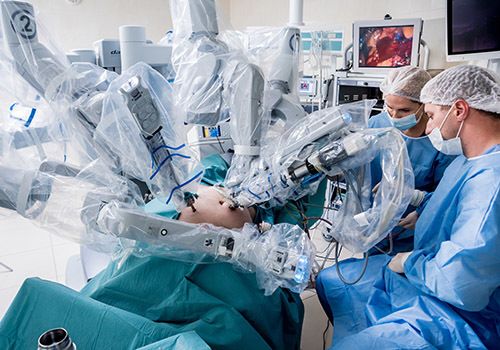
Diving After Bariatric Surgery
There are a few factors to consider regarding bariatric surgery and diving. And
before returning to the water, clearance for full, unrestricted physical activity is required.
before returning to the water, clearance for full, unrestricted physical activity is required.
Age-Related
CONSIDERATIONS
There is no age limit for diving, but aging is often associated with chronic diseases and declining physical fitness. Health risks associated with diving vary with age, as do health and fitness maintenance requirements. It takes more time for sedentary older people to improve their physical fitness, but the effort is worth it to improve quality of life.
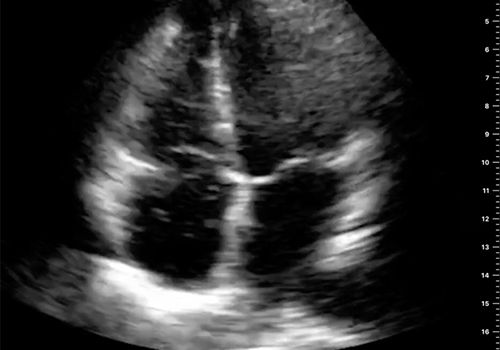
Venous Bubbles
Older divers are more prone to developing venous gas bubbles after diving. If they get decompression sickness, healing may take longer and be incomplete. That being said, we see proportionally fewer older divers getting DCS because most older divers dive more conservatively.
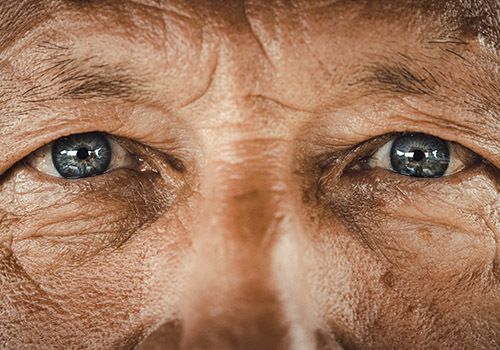
The Eyes
The eyes tend to age consistently across the population. Cataracts, glaucoma and surgical corrections of vision are quite common and may affect your ability to dive (or may require modifications). Assess your ability to read gauges without glasses in dim light.

Prostate Health
Older male divers may have developed prostate issues that require adjustments in diving or lifestyle. You should learn about possible interactions of some common drugs with an enlarged prostate (be aware of some seasickness drugs), and how to regulate frequent urges to urinate.
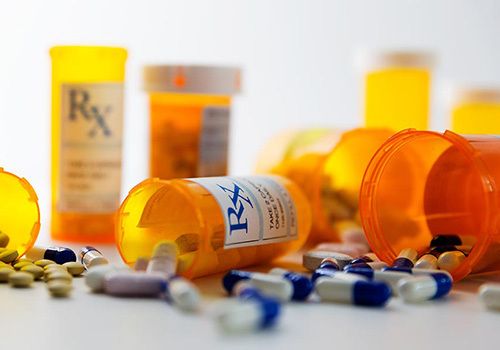
Medications
If you are taking prescription medications, ask DAN or your physician how these might interact with diving. Even over-the-counter drugs should be considered since some of them may cause complications.
Refresher Tips
BY AGE GROUP
Getting older doesn’t have to mean giving up on diving, but divers over 50 should be aware of common medical issues that may affect dive safety.

18-35 Years Old
Health
Consult UHMS RSTC form
Fitness
Personal activity history
Skills
Supervised skill drills
Procedures
N/A

36-45 Years Old
Health
Annual medical
Fitness
Self test
Skills
Supervised skill drills
Procedures
Increase safety deco margin

46-65 Years Old
Health
Annual medical
Fitness
Supervised test
Skills
Refresher course
Procedures
Dive conservatively

66+ Years Old
Health
Entry-level medical evaluation
Fitness
Medically supervised test
Skills
Refresher course
Procedures
Avoid decompression dive, dive conservatively
Additional
AGE-RELATED RESOURCES
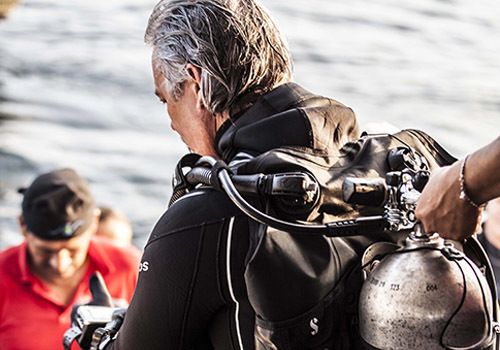
Divers Over 50
Getting older doesn’t have to mean give up on diving, but divers over 50 should be aware of common medical issues that may interfere with safe diving.
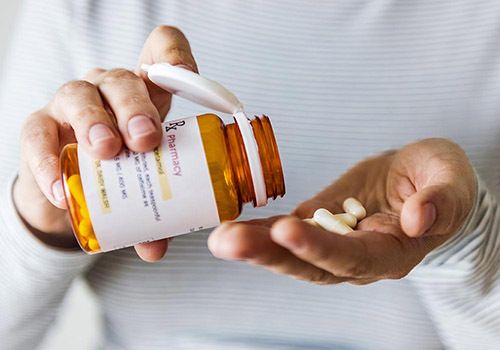
Cardiovascular Drugs
Some drugs may have side effects that preclude diving. Divers should be very familiar with the side effects of any drugs they take and should discuss them with their physician.
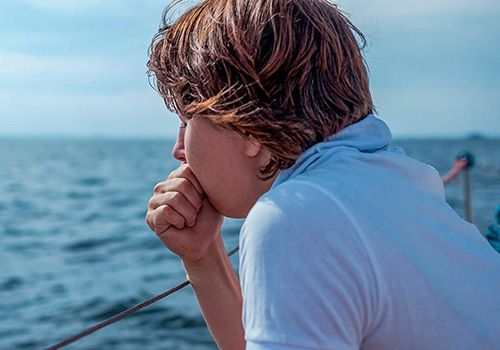
Seasickness
Unmanaged seasickness will make any boat trip miserable, and if relief cannot be found the effects can pose a serious threat to a diver’s health.
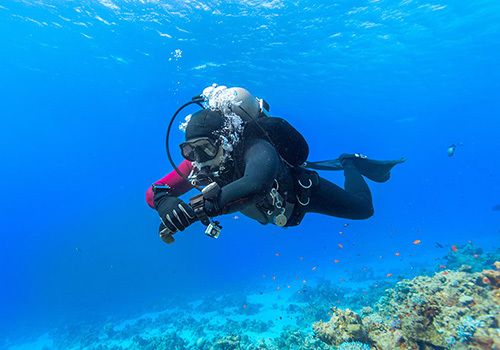
Guidelines for Seniors
As divers get older, DAN® recommends getting annual physicals, staying active and fit, diving within physical limits and avoiding difficult or dangerous diving conditions.
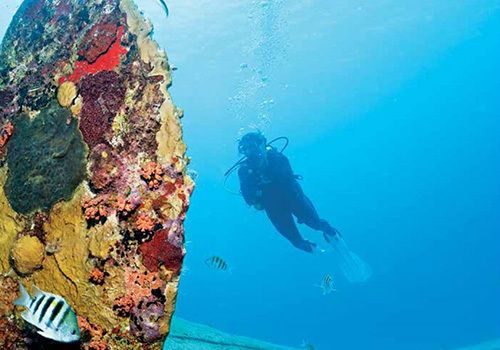
Defensive Diving
Understanding the risks in diving is a critical step in preparedness and early recognition of issues can mitigate risks before they become troublesome.
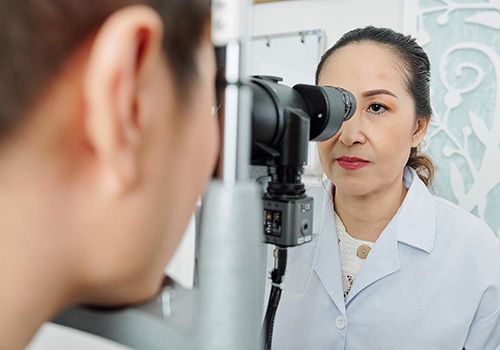
Eyes and Diving
Our eyes normally exist in a world where the pressure around them is the result of the combined weight of all of the gases in the earth’s atmosphere.
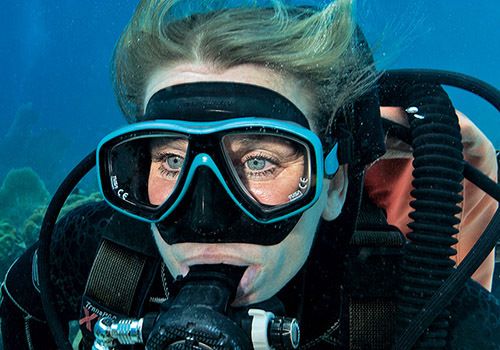
Prescription Dive Masks
Being able to see clearly is important in the quality and safety of every dive. For divers who require refractive correction, there are many options for prescription masks that can improve your vision while underwater.

Over-the-Counter Medications
The fact that these drugs are readily available carries with it a sometimes-faulty assumption that all OTC medications are entirely safe, whether you’re topside or underwater.
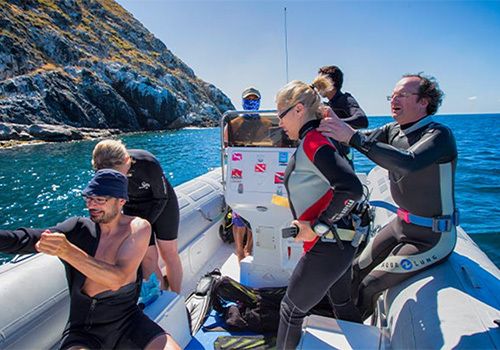
Joint Replacement Surgery
There are several aspects to consider when returning to diving after a joint replacement, including the risk of damage to the replaced joint, emergency response and the risk of decompression sickness (DCS).
Dive Emergency Hotline
CALL FOR ASSISTANCE
+27 828 10 60 10
DAN's Emergency Hotline staff members are on call 24 hours a day, 365 days a year, to provide information, assist with care coordination and evacuation assistance.
